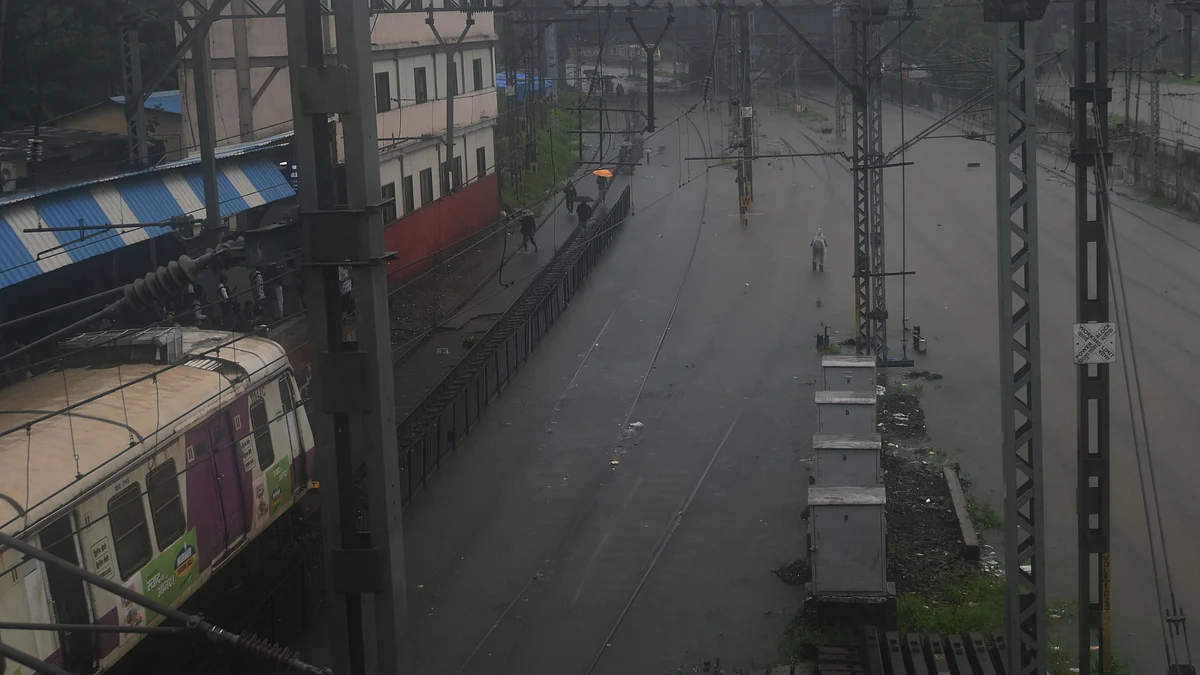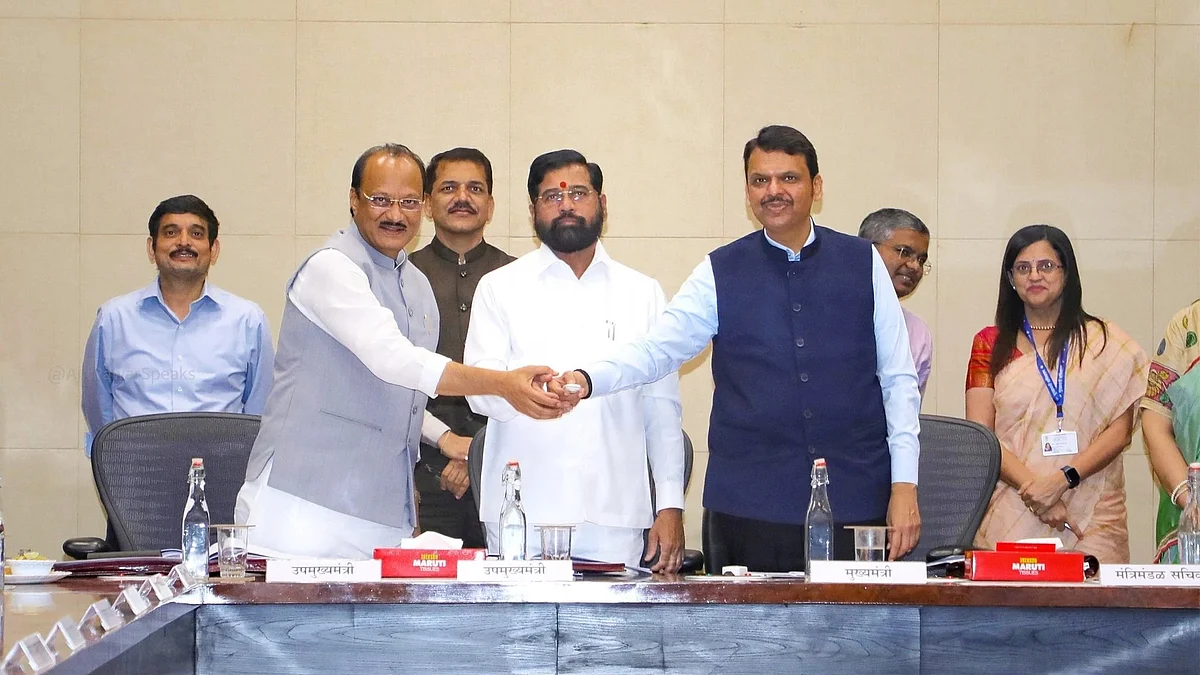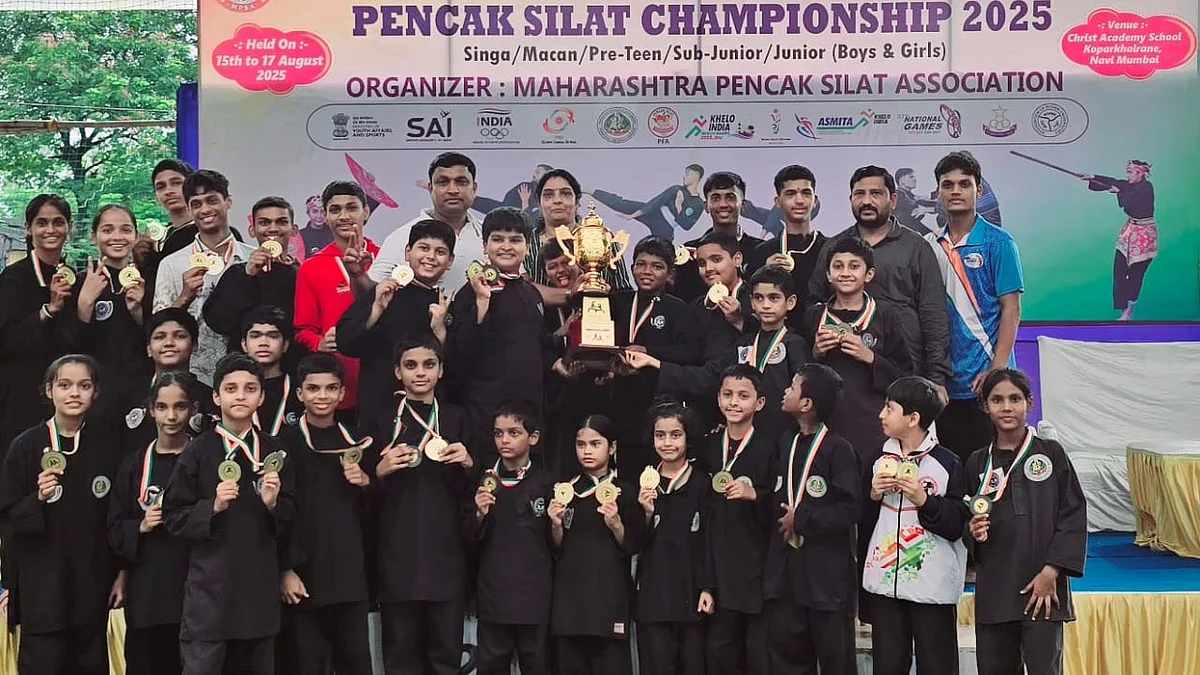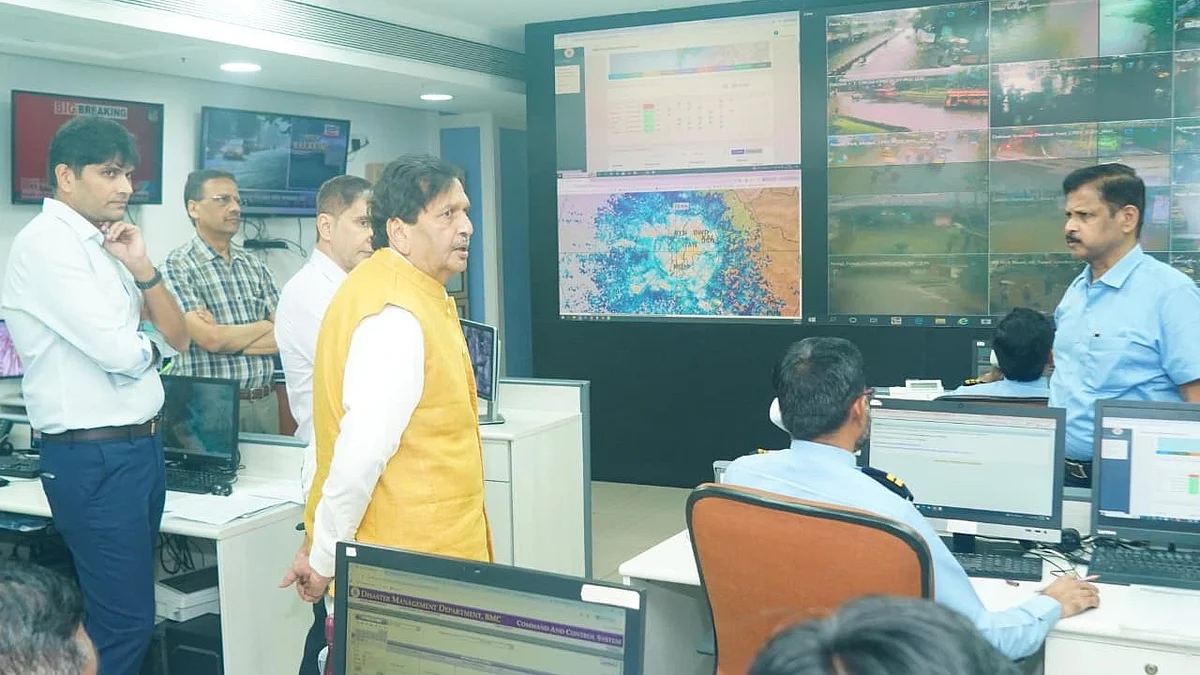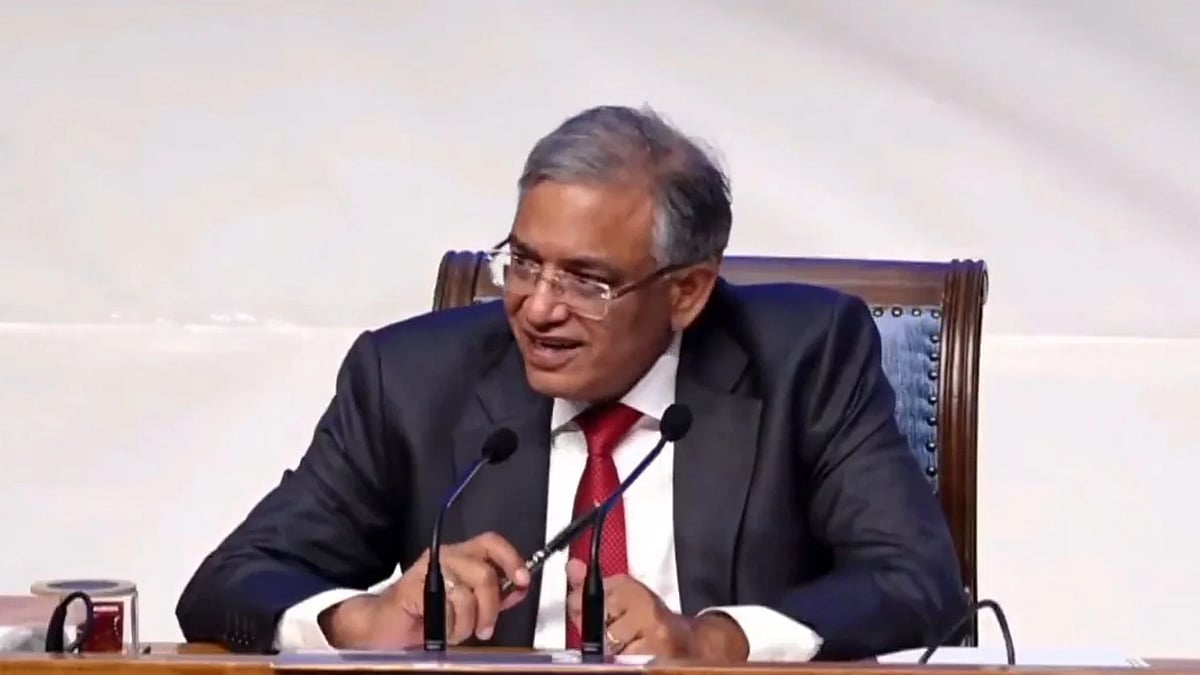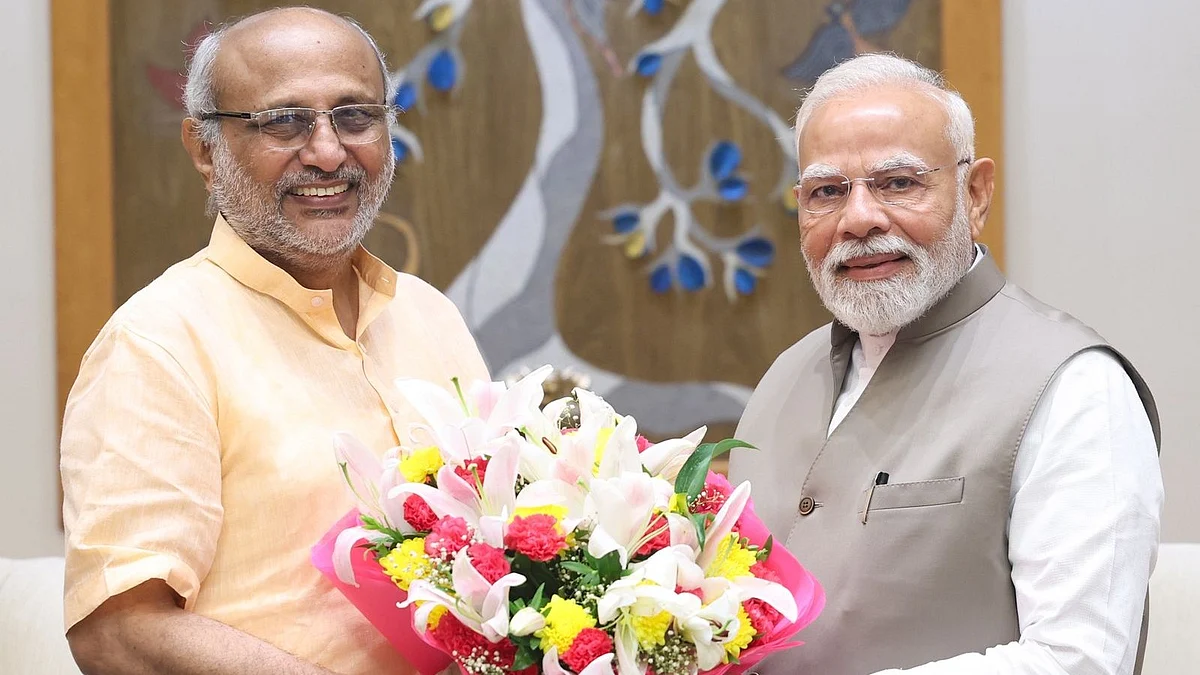In a modern world where social media addiction, ignorance-driven terrorism and identity thefts are common, fingers are almost always pointed towards the lack of education or exposure of the perpetrator. Truly, is enough consideration given to the quality of education, whether the individual is equipped with skillsets ready to face the dark web world and professional front, and if the education is worthy of nurturing that individual, allowing them to foster and cultivate healthy relationships with others and with themselves?
This brings to the forefront of the discussion what exactly is implied by the term ‘education’. We all are guilty of throwing the word around, without understanding its meaning. The Oxford Learner’s Dictionary defines education as “a process of teaching, training and learning, especially in schools, colleges or universities, to improve knowledge and develop skills.” Thus, as a stark contrast from the real-world scenario, education is a double-edged sword according to this definition. The endeavour to both improve knowledge and develop skills may be perceived as mutually exclusive. While a focus on rote memorisation improves bookish knowledge, it often neglects life skills. Conversely, prioritising skill-building and capacity training may hinder the student’s ability to apply their theoretical knowledge to competitive examinations.
A historical touch to this discussion may enhance the criticality of the subject. Tracing back to 5000 BC, the Gurukul system prevalent in the Indian subcontinent required the student (or shishya) to reside permanently in their teacher’s (Guru’s) house to complete their formative education. This process included a mastery of the Vedic scriptures, and also complemented the very personality of the student by teaching them life skills such as sewing, swimming, cooking, cleaning, farming, and the like. It is understandable that since land was in abundance and population was scarce compared to today’s metropolitan-stricken nations, this system was doable. Over the years, however, with the introduction of Liberalisation, Privatisation, and Globalisation (“LPG”), an essence of commercialisation kicked in and education was never to be the same again.
Fast forward to the twenty-first century, no road or by-lane in India is devoid of tuitions, coaching and crash-course classes, and no tourist or local passes by without the sight of students hustling and bustling in such areas after their regular school classes. Further, no newspaper is sans tall promises about getting a perfect score on a tough competitive exam by attending an institute’s classes for merely twenty days. Mere lip service, is it not? Well, today, there are approximately 65 school boards in our nation. Thanks to westernisation, a pressing concern lies in meeting both the objectives of education effectively: knowledge-development and skill-building.
In light of the same, another topic of discussion erupts: does the impending need of preferring flexibility, particularly in higher education, vis-à-vis a stringent stream-based system (ie Arts/Humanities, Commerce and Science) — blatantly, in order of ‘distaste’ to ‘status’ in the Indian societal mindset — imply contributing to the growing trend of migration to other developed countries in pursuit of better education and standard of living, among other facilitators? The answer lies at the bedrock of education, in both the Indian subcontinent and overseas.
Shifting from traditional schooling – Playing with the student’s future?
Basis a plethora of growing trends in the schemes of education and parenting today, a lot of parents are increasingly turning towards contemporary teaching-learning methods such as ‘home schooling’, ‘road schooling’ and even ‘world schooling’. While, on paper, a lot of these methods are known to be highly effective for the upbringing and overall development of the student — and there are numerous ongoing scientific studies to substantiate their efficacy — the inherent restraining forces just cannot seem to be overlooked. No system is without its shortcomings, but one needs to understand that albeit with a lot of exceptions: what prevails today may surely have some relevance attached to it.
Traditional schooling involves the student going to the school or college, attending classes, asking questions in class, interacting with fellow age-mates, and immersing themselves in extra-curricular value-adding activities such as sports, dance, drama, visual arts, music, among other unique hobby opportunities available today. Home schooling cuts off the social interaction at a very impressionable age. It may lead to loneliness, anxiety and depression in later years, which has linkages to lesser life longevity as well. Road schooling and world schooling – which have hitherto been lesser-explored sectors so far – have their options of flexibility and enviable exposure to various regions and even nations, but their effectiveness have still not be gauged yet. At this juncture, this discussion calls for an impending need to critically analyse the traditional system of education, which would have a three-pronged impact: (a) to understand the loopholes and weak links in the system due to which a migratory shift is happening, (b) to identify the problems faced by both the educator and administrator, balanced with those from the purview of the student, and lastly, (c) to chart out plausible solutions for the betterment of the existing framework.
NEP 2020 – Systemic changes and subject additions (Is it enough?)
The National Education Policy (“NEP”), 2020 aimed at bringing about a metamorphosis in the structure of Indian education towards a more holistic and multi-disciplinary form of education that is imparted to the student. Formidable pointers were put across the table, which include — but are not limited to — internationalisation of education curricula, student participation, financial support, improvement of faculty, equity and inclusion, expanding of vocational education, improving the quality of research facilities, transforming higher education and very aptly, curbing the commercialisation of education in India. A plethora of other commendable policies and ideas were also jotted down in the much-anticipated policy.
Nonetheless, one is back to square one — is implementation really taking place? Is the education space still devoid of aggravating and unwarranted socio-political interventions? More pressingly, are student suicides decreasing, caused due to pressure of competitive exams such as the Indian Institute of Technology – Joint Entrance Examination (IIT JEE), Union Public Service Commission Civil Services Examination (UPSC CSE), and Common Law Admissions Test (CLAT), to name a few? Statistics state that at least one student commits suicide every hour in India, and the NEP and any other systemic changes have proved a fallacy to such disheartenment.
The real test lies here. If we — the society — truly believe that lack of education is the evil in society, leading to so many contemporary issues such as poor health, unemployment, lower social security and standing, each of which have a plethora of their own ramifications, then surely, it is high time for all of us to step up. As educators, policymakers and students ourselves, it is the quintessence of the time to move past ego and personal notions and break the archetype. Rebelling against the system can only help achieve so much, but working within it and making good to it will have a lasting impact on the nation, for which our progeny will be thankful. The time is ripe for change, and this is most definitely not the time to be languid.
Ninupta Srinath is a policy researcher and law student

